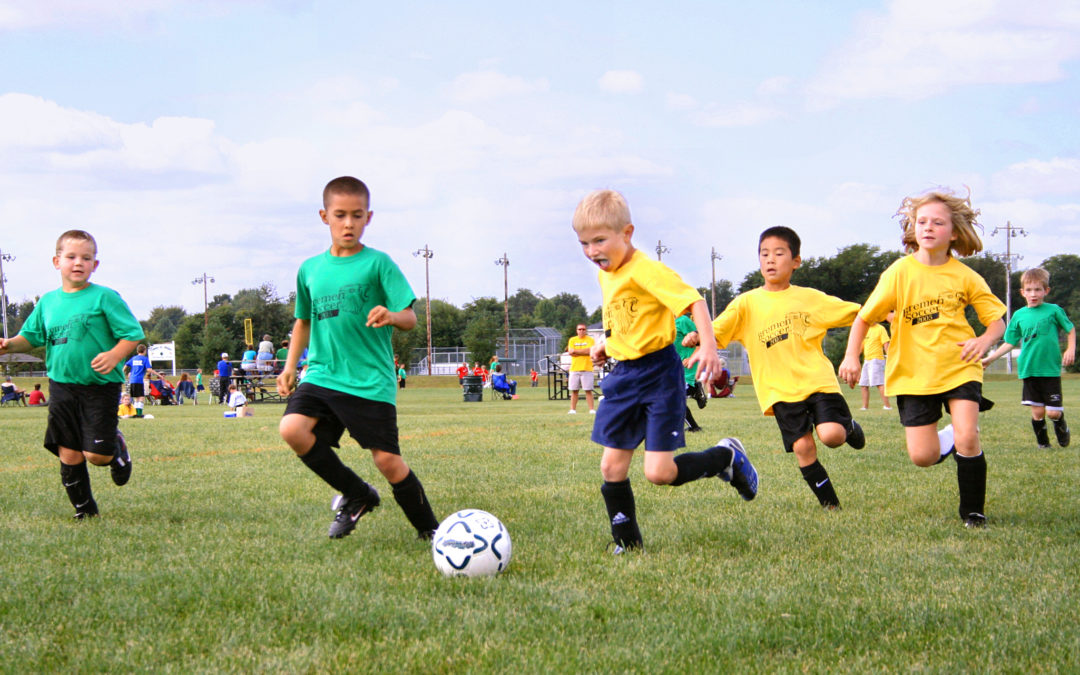We have all heard the saying in team sports: “It is not if you win or lose but how you play the game.” In all competitive sports there is a winning and a losing team. It is natural to associate winning with success and losing with failure but there is value in both.
Winning helps to reinforce that hard work and practice the youngsters put into the game pays off. They develop their physical skills and learn to work together in team spirit to reach their goals.
Even in losing, the time spent engaging in sports gives a youngster a sense of teamwork. Just enjoying the activities and the interaction with peers of a similar age is important in developing social skills and good sportsmanship qualities. They may develop friendships that last a lifetime.
When the primary focus is winning, youngsters may miss important life lessons. Knowing you did your very best, even if your team loses, helps a youngster realize his own personal triumph. Other life lessons include: learning to be a good citizen even when you lose, practicing more and working on improving your own skills, working together and sharing responsibilities as a team and learning humility, we can’t always win.
Parents and coaches play a major role in how youngsters handle winning and losing. If parents get angry, blame the coach or other players and dwell on the loss, it defeats the whole point of teamwork and developing good sportsmanship. Parents need to encourage a sense of belonging and working together, doing your best and being a good citizen and just enjoying the game, without focus to only winning. Coaches, with their constructive suggestions, respect for the players and encouragement to develop a youngster’s greatest potential, keep the competitive spirit and hope alive.

